In December 2012, a 23-year-old student was brutally gang-raped in a moving bus when she was on her way home after watching a film with a male friend in Delhi. The sheer abhorrence of the condemnable act affirmed Delhi’s stance as the ‘rape capital of the world’ and mobilised the people of an entire nation. It was a wake up call to a city plagued by unspeakable crimes against women. And one that would leave us scarred forever.
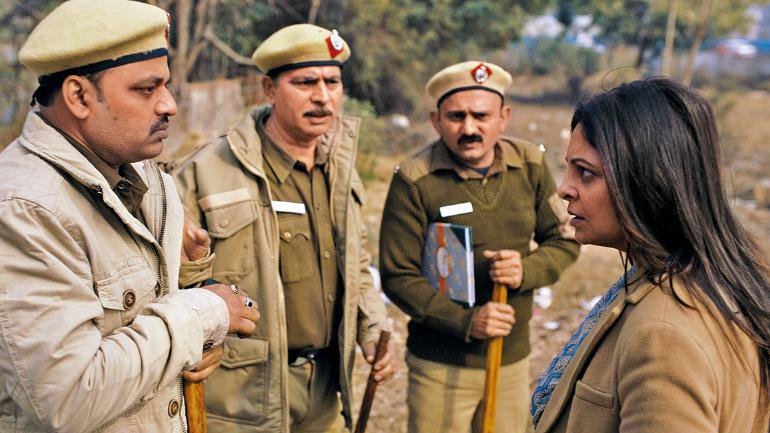
The events of this heinous crime, the immediate response of the police, the protests, and the trial snowballed into several films and television series. But one of the most nuanced retellings of the inconceivable story came in the form of Netflix’s Indian offering — the seven-part series, Delhi Crime.
Months after its release and stellar reception in India and abroad, the show just became the first Hindi-language series to win an International Emmy. And we couldn’t be more proud, for this is one of those rare shows that can be termed as storytelling par excellence.
The International Emmy for Drama Series goes to “Delhi Crime” produced by @GoldenKaravan / @skglobalent / @NetflixIndia, #India!#iemmys #iemmyWIN pic.twitter.com/kA5pHCuTC4
— International Emmy Awards (@iemmys) November 23, 2020
Told from the perspective of the police — mainly, DCP Vartika Chaudhary (portrayed flawlessly by Shefali Shah), the show keeps you at the edge of your seat throughout. Yet, it is increasingly difficult to watch — not only due to its story, but also because of how real it all gets. While we’re far too familiar with the ’Nirbhaya’ case, and going back to it is nothing short of uncomfortable, here’s why the show still is important and an absolute must-watch.
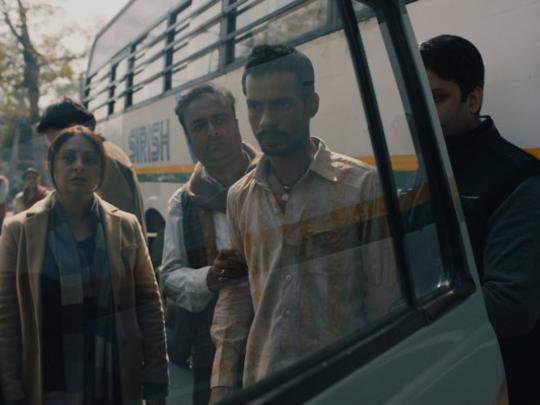
You feel the grave magnitude of the problem.
While the show is a retelling of a story that unfolds after unspeakable acts, it sensitively chooses not to show gratuitous violence or present the act in any way. It instead only narrates the aftermath of the incident through the perpetrators and the victims. Making its reception by the police and public horrifying each time. Every time the female victim, Deepika (her name in the show) speaks, with whatever strength she can muster, one gets to feel every physical and psychological bruise the traumatic incident has left on her.
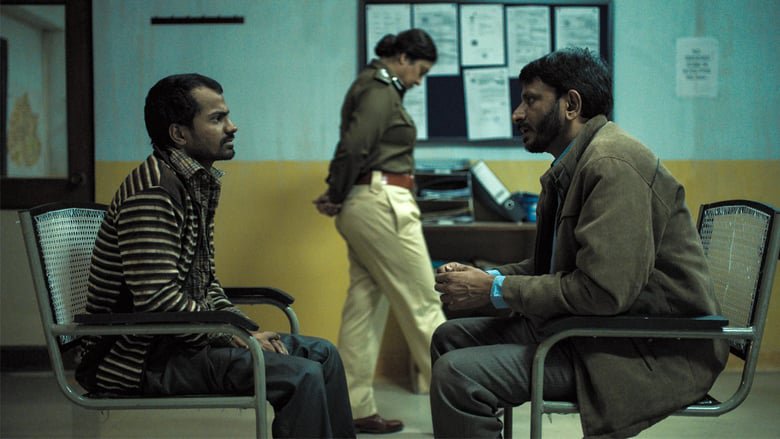
In a scene which could’ve easily been written off as exposition one of the cops explains how crime is just a side-effect of skewed economics. What seems like a simplistic explanation soon makes the viewer think about how each crime has larger factors at play. No matter how much protestors and media trials would like to portray these as preventable.
It presents a mirror to society.
The show offers a subtle undertone of class-divide which reminds us to check our own privilege. It shows how the level of our privilege can make us activists at our convenient times and silent bystanders at others.
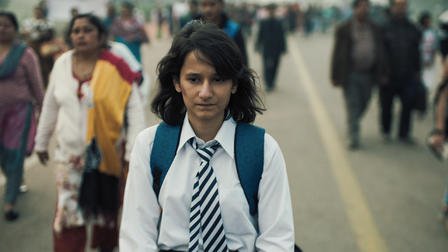
No other crime against women made the people (especially the youth) of the country go all-out in its fervent revolt against the establishment and the authorities. This incident and the protests that followed truly brought out the ugly side of the city and proved we live in a dystopia.
The show clearly favours the police and makes no bones about portraying protesters as a mere hindrance in their functioning. However, even while we are conscious about this, we get to learn so much about mob-mentality and how mob-violence has a way of festering, no matter which side you’re on.
It offers a fresh perspective — that of the police.
When it comes to Indian cops — be it the Delhi Police or the IPS, their negative reputation precedes them. One of the most misrepresented groups in pop culture, Indian cops often get the short straw when it comes to onscreen portrayal. Here however, the show sympathises with the police and paints them in an obviously positive light.
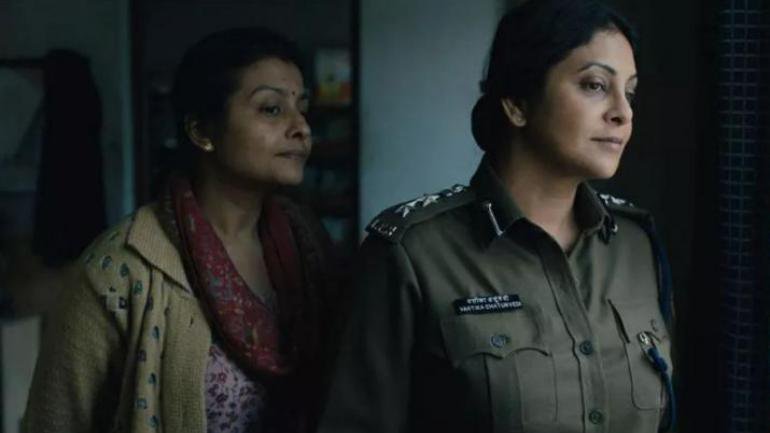
But keeping in mind the case and the work that they put in, their 5-day pursuit and expert handling of the case, one can’t help but applaud the work these unsung heroes continue to do in the shadows. Despite being underfunded, plagued by red-tapism, and disliked by most, the police powers through in a thankless profession.
In one scene, Vartika’s sidekick says nonchalantly that the world isn’t all that bad. They’re just forced to encounter the worst of the lot. This powerful dialogue is the perfect explanation to the tough exterior cops often end up nurturing as part of an occupational hazzard.
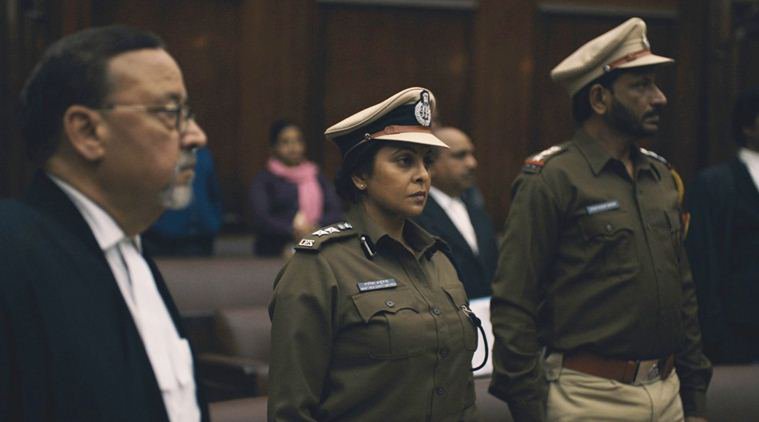
As a Delhiite and a woman I already hold a precarious stance to the city. It has given me so much, and yet in many ways it tends to clip one’s wings. The show, with its dark and dystopic undertone, reminds us all of the uncomfortable relationship with a city that has given and taken so much.
Delhi Crime makes you relive the horror that was the 2012 gang rape. In no way is it an easy show to watch. Yet it is an important show one must get behind. And a brilliant one at that. Now even the International Emmy’s agree.
For more stories on Netflix, click here.

















